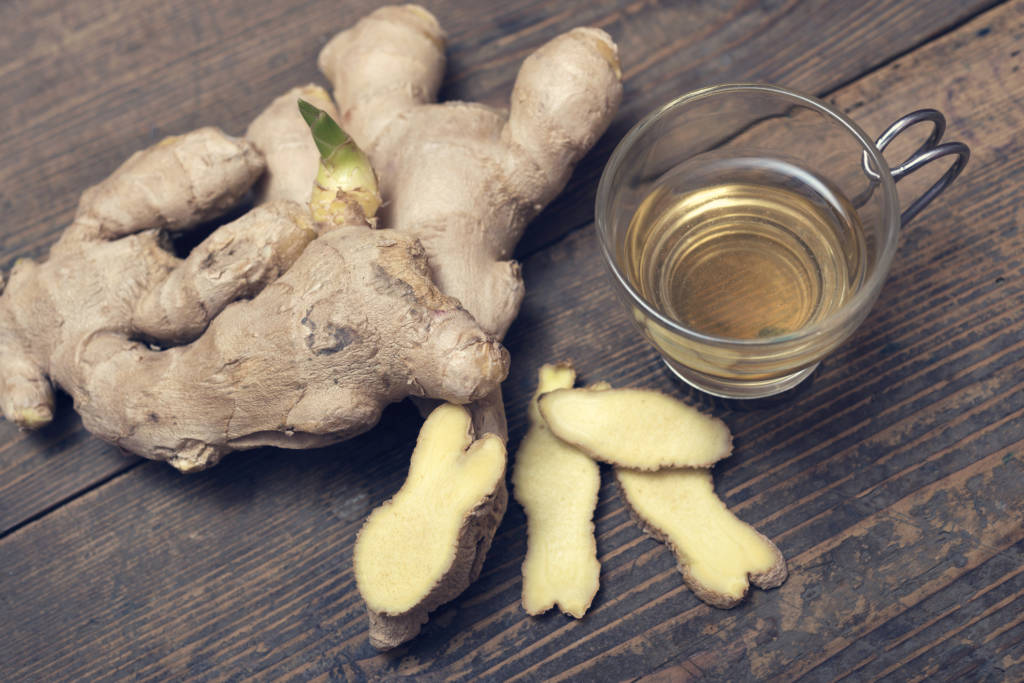Being constipated is one of the worst feelings, you feel bloated and trips to the bathroom are no fun. Laxatives may seem like a simple solution to relieve constipation, but there are certain foods that work just as well, plus many of them have added benefits.
1. Chia Seeds
Fiber is a natural treatment and one of the first lines of defense against constipation. It moves through the intestines undigested, adding bulk to the stool and encouraging regularity. Studies show that increasing your intake of fiber can increase stool frequency and soften stools to ease their passage. Chia seeds are particularly high in soluble fiber, containing almost 11 grams in just 1 ounce. Soluble fiber absorbs water to form a gel, which can aid in forming softer stools to ease constipation.
2. Berries
Most varieties of berries are relatively high in fiber, making them a great choice as a mild natural laxative. Strawberries contain 3 grams of fiber per cup (152 grams), blueberries provide 3.6 grams of fiber per cup (148 grams) and blackberries boast 7.6 grams of fiber per cup (144 grams). The American Dietetic Association recommends 25 grams of fiber per day for women and 38 grams of fiber for men are needed to add bulk to stool and prevent chronic disease. Adding a few varieties of berries to your diet is one way to increase your fiber intake and take advantage of their natural laxative properties.
3. Legumes
Legumes are a family of edible plants that include beans, chickpeas, lentils, peas, and peanuts. Legumes are high in fiber, which can encourage regularity. One cup (198 grams) of boiled lentils, for example, contains 15.6 grams of fiber while 1 cup (164 grams) of chickpeas provides 12.5 grams of fiber. Eating legumes can help increase your body’s production of butyric acid, a type of short-chain fatty acid that may act as a natural laxative. Studies show that butyric acid could aid in the treatment of constipation by increasing the movement of the digestive tract. It also acts as an anti-inflammatory agent to reduce the intestinal inflammation that may be associated with some digestive disorders, like Crohn’s disease or inflammatory bowel disease.
4. Flaxseeds
With their Omega-3 fatty acid content and high amount of protein, flaxseeds are rich in many nutrients that make them a healthy addition to any diet. Not only that, but flaxseeds also have natural laxative properties and are an effective treatment for both constipation and diarrhea. A 2015 animal study showed that flaxseed oil increased stool frequency in guinea pigs. It also had an anti-diarrheal effect and was able to reduce diarrhea by up to 84%. Flaxseeds contain a good mix of both soluble and insoluble fiber, which helps reduce intestinal transit time and add bulk to stool. One tablespoon (10 grams) of flaxseeds provides 2 grams of insoluble fiber, plus 1 gram of soluble fiber.






